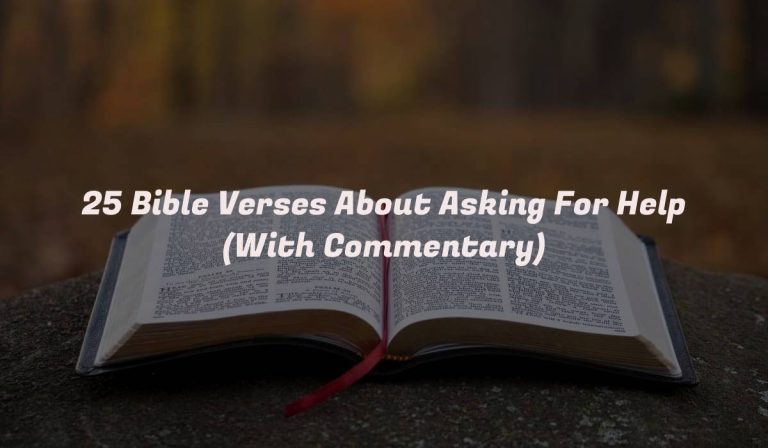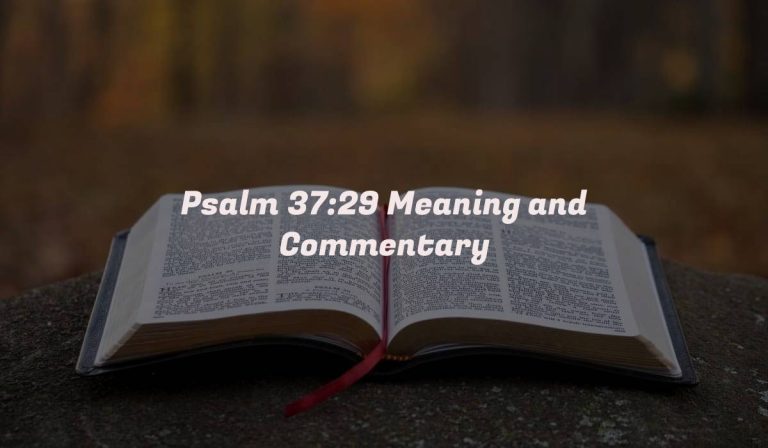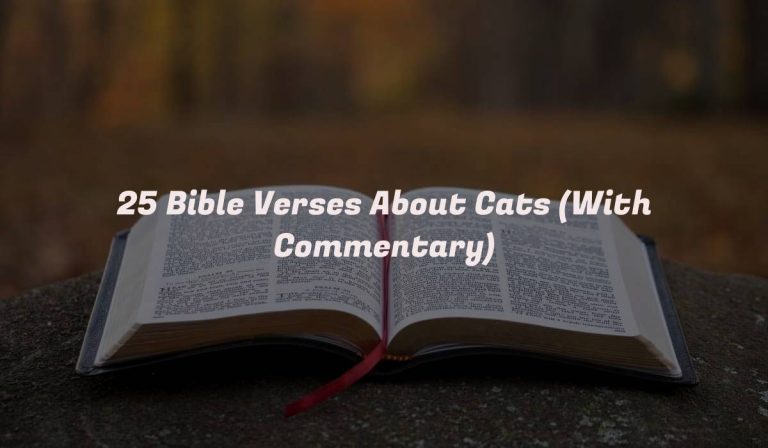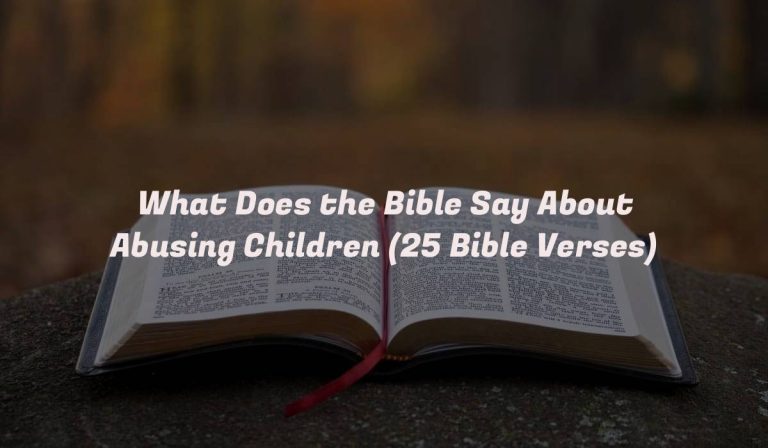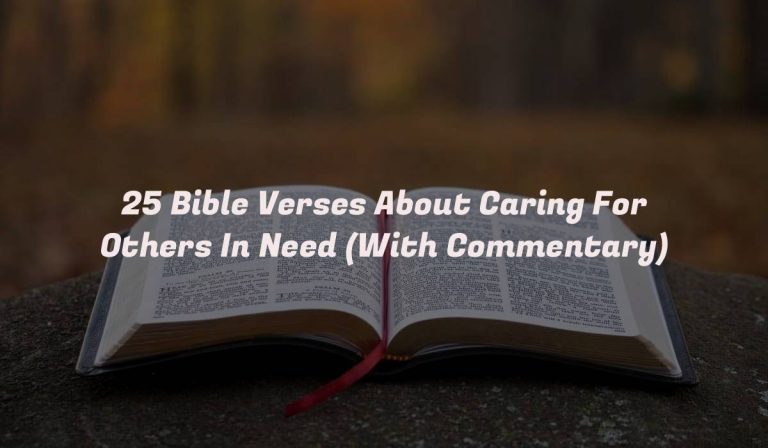Leviticus 17 Meaning and Commentary
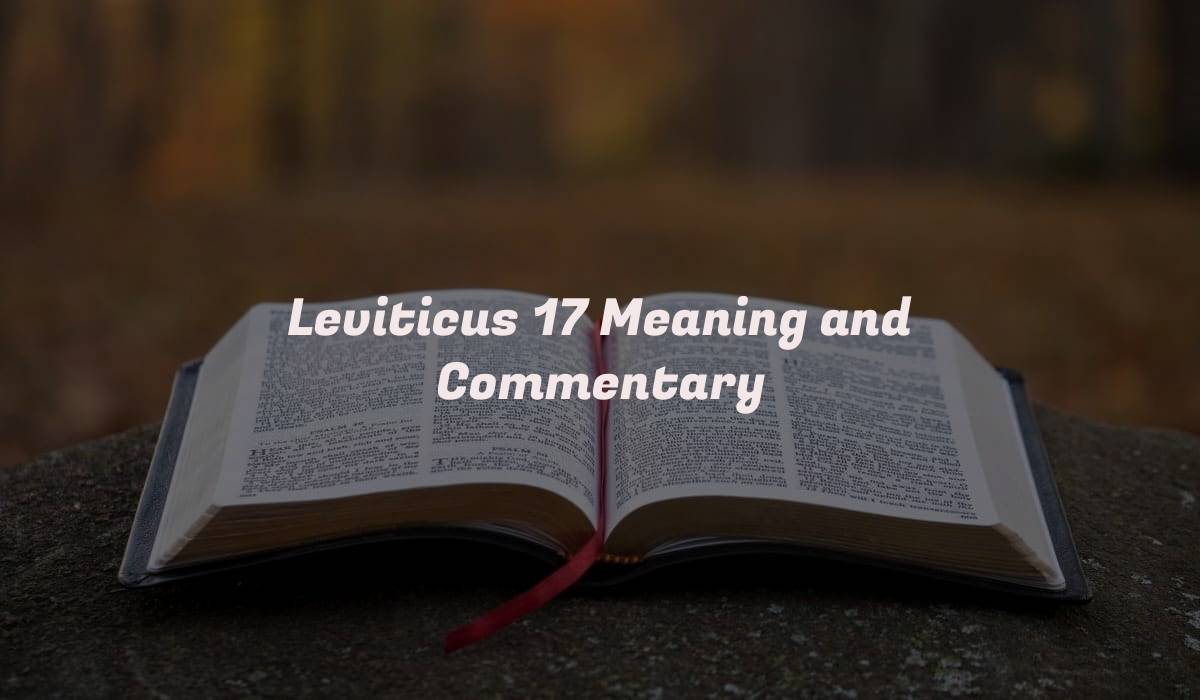
Leviticus 17
The Lord said to Moses, 2 “Speak to Aaron and his sons and to all the Israelites and say to them: ‘This is what the Lord has commanded: 3 Any Israelite who sacrifices an ox, a lamb or a goat in the camp or outside of it 4 instead of bringing it to the entrance to the tent of meeting to present it as an offering to the Lord in front of the tabernacle of the Lord—that person shall be considered guilty of bloodshed; they have shed blood and must be cut off from their people. 5 This is so the Israelites will bring to the Lord the sacrifices they are now making in the open fields. They must bring them to the priest, that is, to the Lord, at the entrance to the tent of meeting and sacrifice them as fellowship offerings. 6 The priest is to splash the blood against the altar of the Lord at the entrance to the tent of meeting and burn the fat as an aroma pleasing to the Lord. 7 They must no longer offer any of their sacrifices to the goat idols to whom they prostitute themselves. This is to be a lasting ordinance for them and for the generations to come.’
8 “Say to them: ‘Any Israelite or any foreigner residing among them who offers a burnt offering or sacrifice 9 and does not bring it to the entrance to the tent of meeting to sacrifice it to the Lord must be cut off from the people of Israel.
10 “‘I will set my face against any Israelite or any foreigner residing among them who eats blood, and I will cut them off from the people. 11 For the life of a creature is in the blood, and I have given it to you to make atonement for yourselves on the altar; it is the blood that makes atonement for one’s life. 12 Therefore I say to the Israelites, “None of you may eat blood, nor may any foreigner residing among you eat blood.”
13 “‘Any Israelite or any foreigner residing among you who hunts any animal or bird that may be eaten must drain out the blood and cover it with earth, 14 because the life of every creature is its blood. That is why I have said to the Israelites, “You must not eat the blood of any creature, because the life of every creature is its blood; anyone who eats it must be cut off.”
15 “‘Anyone, whether native-born or foreigner, who eats anything found dead or torn by wild animals must wash their clothes and bathe with water, and they will be ceremonially unclean till evening; then they will be clean. 16 But if they do not wash their clothes and bathe themselves, they will be held responsible.’”
Leviticus 17 Meaning
In Leviticus 17, God gives specific instructions to the Israelites regarding the proper way to offer sacrifices and the importance of blood in their worship. The chapter emphasizes the sanctity of blood and the prohibition of consuming it. God commands the people to bring their offerings to the tabernacle and not to offer sacrifices to goat idols in the open fields.
Leviticus 17 Commentary and Explanation
In Leviticus 17, we encounter a chapter that may seem filled with intricate regulations and rituals regarding the handling of blood and sacrifices. While it may appear to be a set of obscure rules, it carries significant spiritual and moral teachings that resonate with us today.
Verse 1-7: The Prohibition of Blood Consumption
In the opening verses, we are confronted with a clear and unequivocal commandment: the prohibition of consuming blood. God instructs Moses to relay this message to the people of Israel, emphasizing the importance of this commandment. Blood represents the life force of a creature, and by refraining from consuming it, God reminds us of the sanctity of life (Leviticus 17:11).
This prohibition against blood consumption extends throughout the Bible, reaffirming its significance. In Genesis 9:4, God declares that “you shall not eat flesh with its life, that is, its blood.” Later, in Acts 15:20, this commandment is reiterated within the context of the early Christian community.
Verse 8-9: Offerings to the Lord
In verses 8 and 9, God directs the Israelites regarding where they should bring their sacrifices. All offerings are to be brought to the entrance of the tabernacle, reinforcing the idea that God’s presence is central to their worship. This practice is a precursor to the establishment of the Jerusalem temple as the central place of worship in Israel (Deuteronomy 12:5).
Verses 10-12: The Sanctity of Blood
In these verses, God underscores the sanctity of blood as the atonement for sins. He reiterates the prohibition against consuming blood and establishes a specific procedure for handling the blood of sacrifices. The blood is to be sprinkled on the altar as a symbol of purification and atonement. This foreshadows Christ’s role as the ultimate atoning sacrifice (Hebrews 9:22).
Verse 13-16: The Consequences of Disobedience
The consequences of disobedience to these regulations are severe. Any person, whether native-born or foreigner, who disobeys the commandments regarding blood will be cut off from their people. This punishment serves as a reminder of the seriousness of these laws and the importance of obedience to God’s commands (Hebrews 10:28-29).
Leviticus 17 may seem like a collection of ancient rituals and prohibitions, but it teaches us timeless principles. It reminds us of the sanctity of life, the significance of atonement, and the importance of obedience to God’s commandments. These principles continue to resonate with us today, emphasizing the need to honor and reverence the Creator, who values all life and offers redemption through the ultimate sacrifice, Jesus Christ. Let us strive to uphold these principles in our own lives, seeking to obey God’s commands and live in accordance with His will.
Context of Leviticus 17
The book of Leviticus is part of the Pentateuch, the first five books of the Bible, traditionally attributed to Moses. It contains laws and regulations for the Israelites as they lived in the Promised Land. Leviticus focuses on the rituals and ceremonies ordained by God and the importance of holiness and obedience. The specific instructions in Leviticus 17 are given in the context of the Israelites wandering in the wilderness and preparing to enter the land of Canaan.
Bible Study on Leviticus 17
In order to understand the significance of Leviticus 17, we must consider the historical and cultural context in which it was written. During this time, animal sacrifices were common in the worship practices of various nations. God wanted to set the Israelites apart and establish a distinct form of worship centered on Him alone. By requiring them to bring their sacrifices to the tabernacle, He ensured that their worship would be centralized and focused on Him.
The prohibition against offering sacrifices to goat idols highlights God’s abhorrence of idolatry. He desired that the Israelites remain faithful to Him and not be influenced by the practices of the surrounding nations. This serves as a valuable lesson for us today as well. We must be careful not to allow worldly influences to divert our attention from worshipping God with sincerity and devotion.
The command to abstain from consuming blood is a reminder of the sacredness of blood in the sacrificial system. Blood was seen as the means through which atonement and forgiveness were obtained. This foreshadowed the ultimate sacrifice of Jesus Christ, whose shed blood would bring complete forgiveness and reconciliation between God and humanity. As Christians, we honor this sacrifice by partaking in communion, where we symbolically remember Jesus’ blood shed for our sins.
Final Thoughts
Leviticus 17 teaches us the importance of worshiping God in the way He prescribes. We need to be diligent in offering our worship and sacrifices at the designated places and not be swayed by false idols or worldly practices.
The prohibition against consuming blood reminds us of the sacredness of the blood of Jesus and the ultimate atonement He provided for our sins. Let us strive to honor God in our worship, remaining faithful to Him and seeking His guidance in all things.

